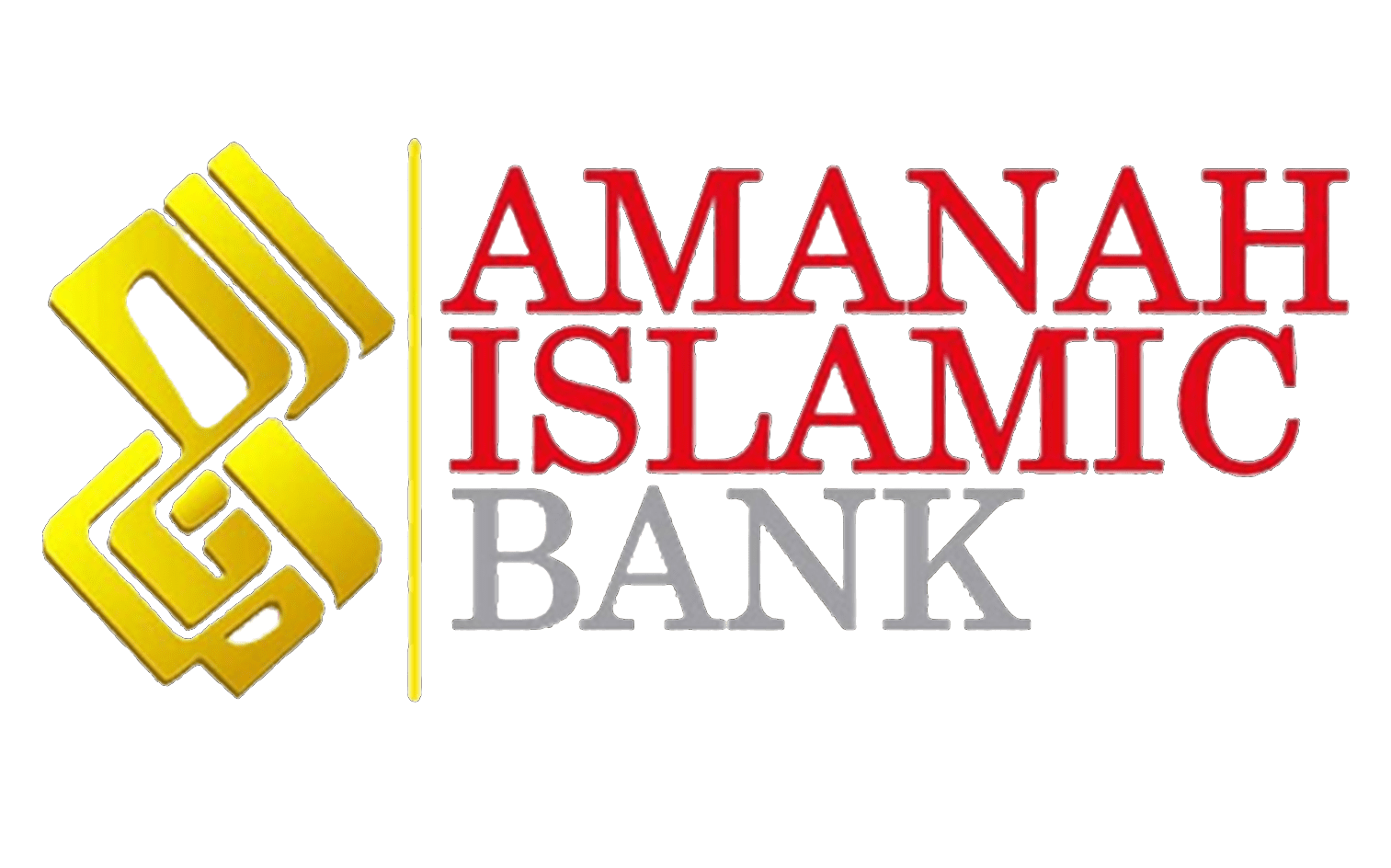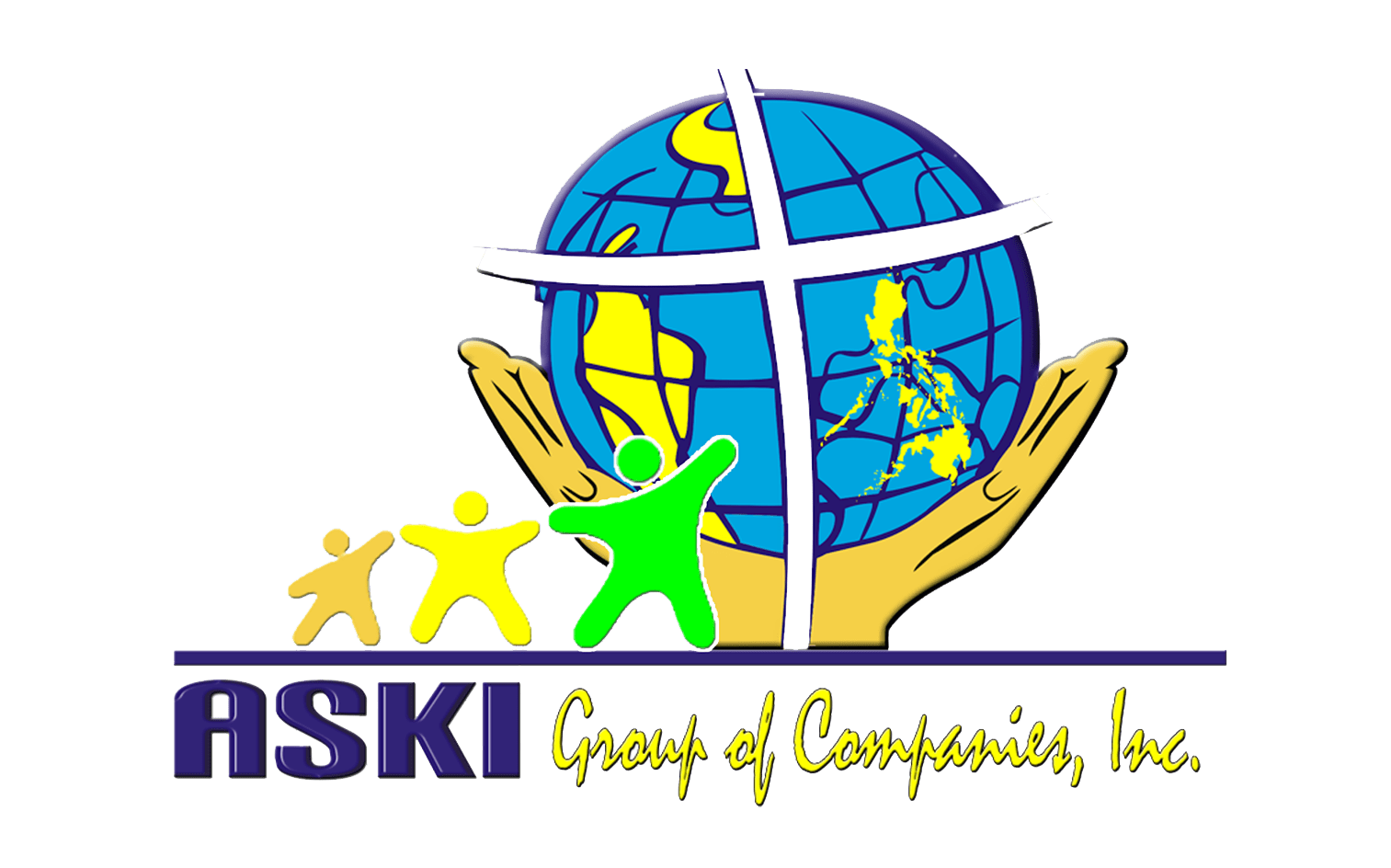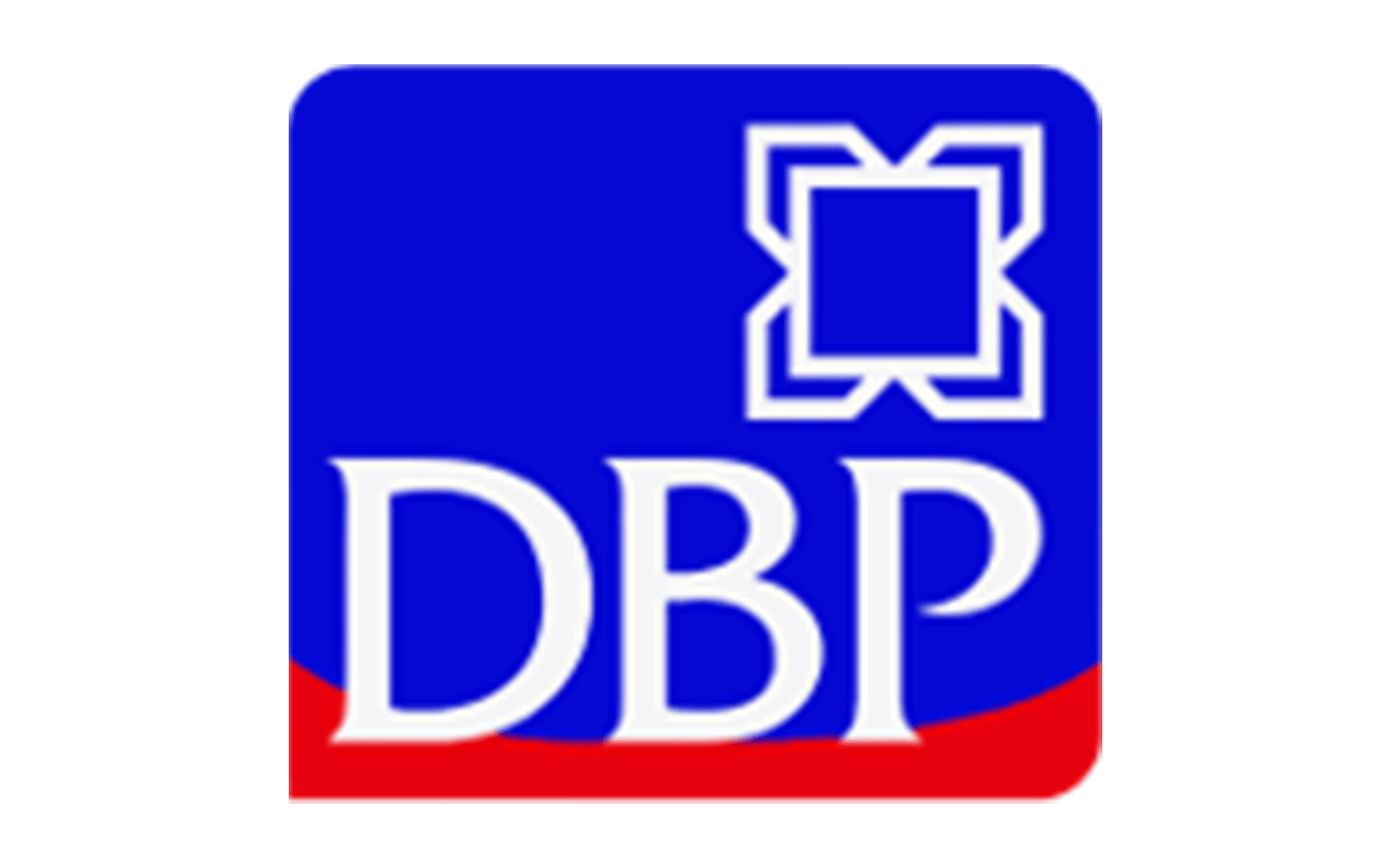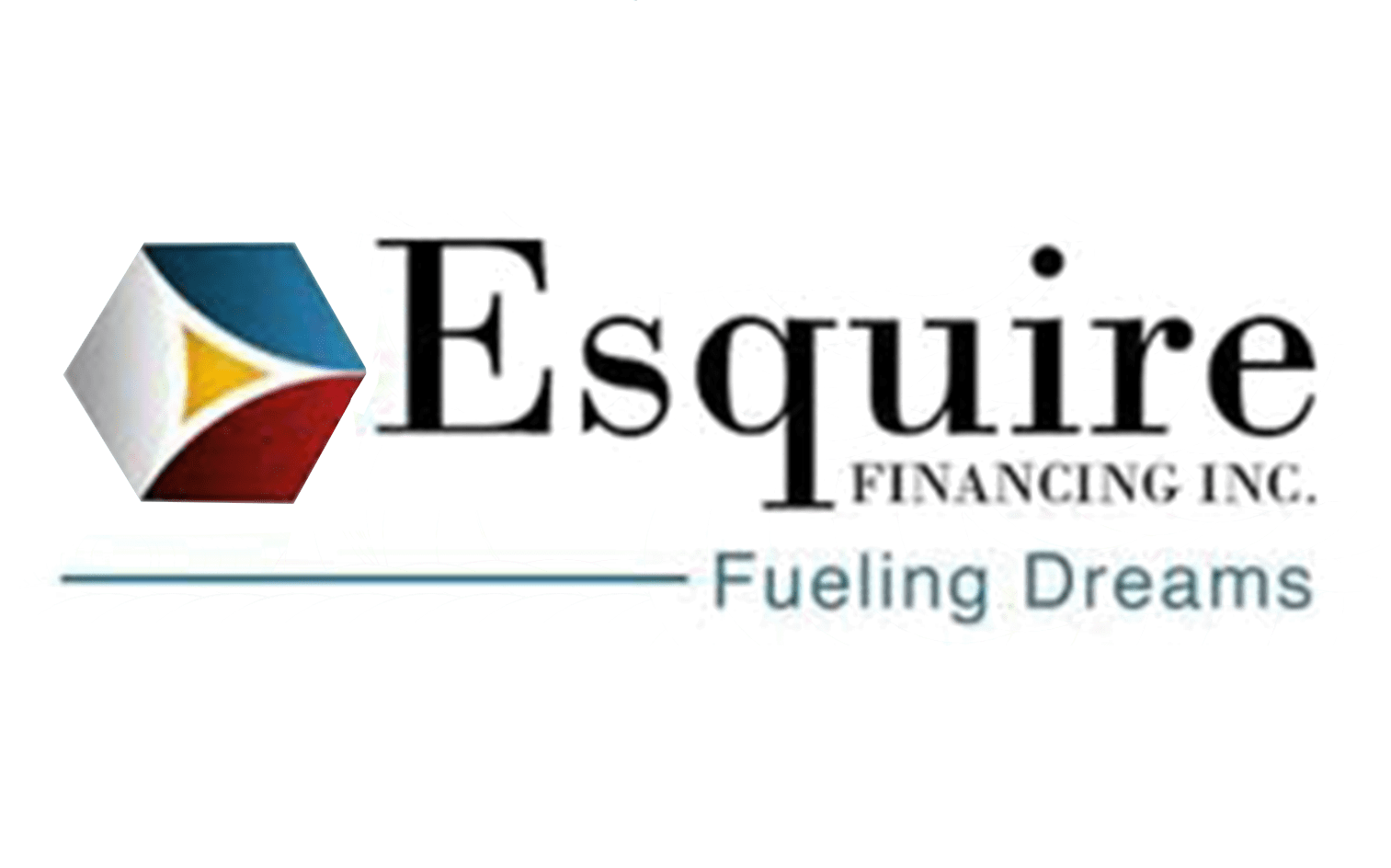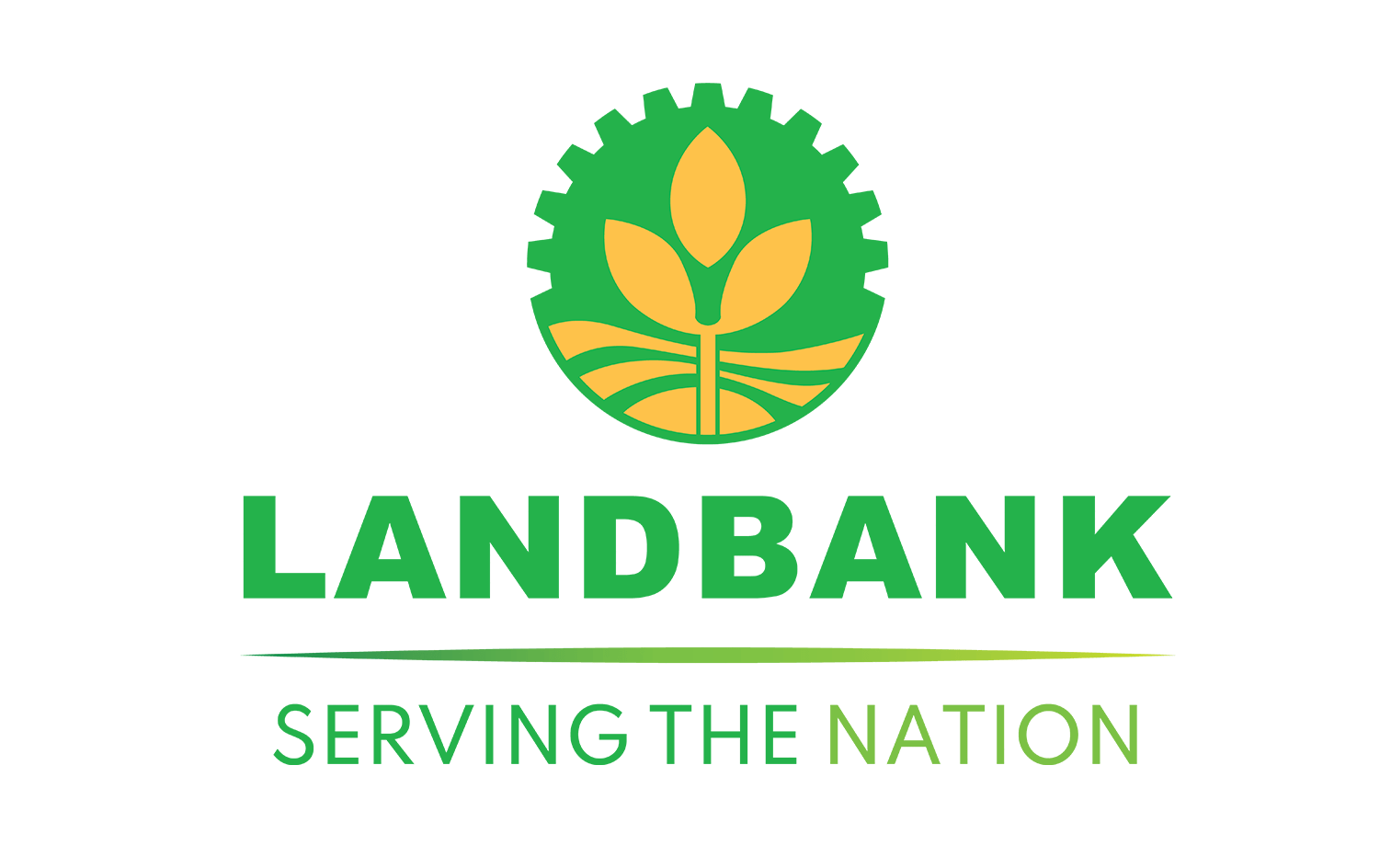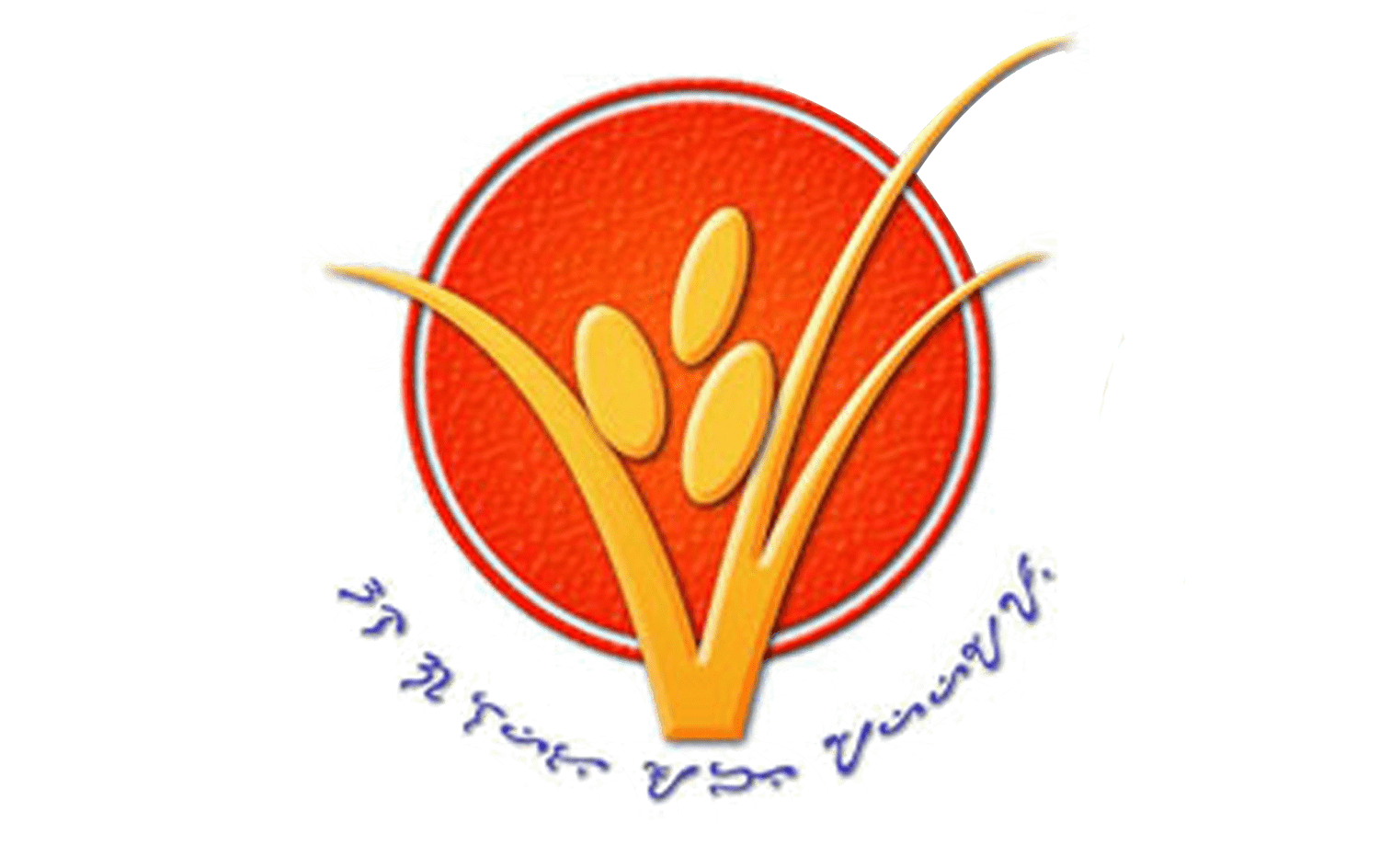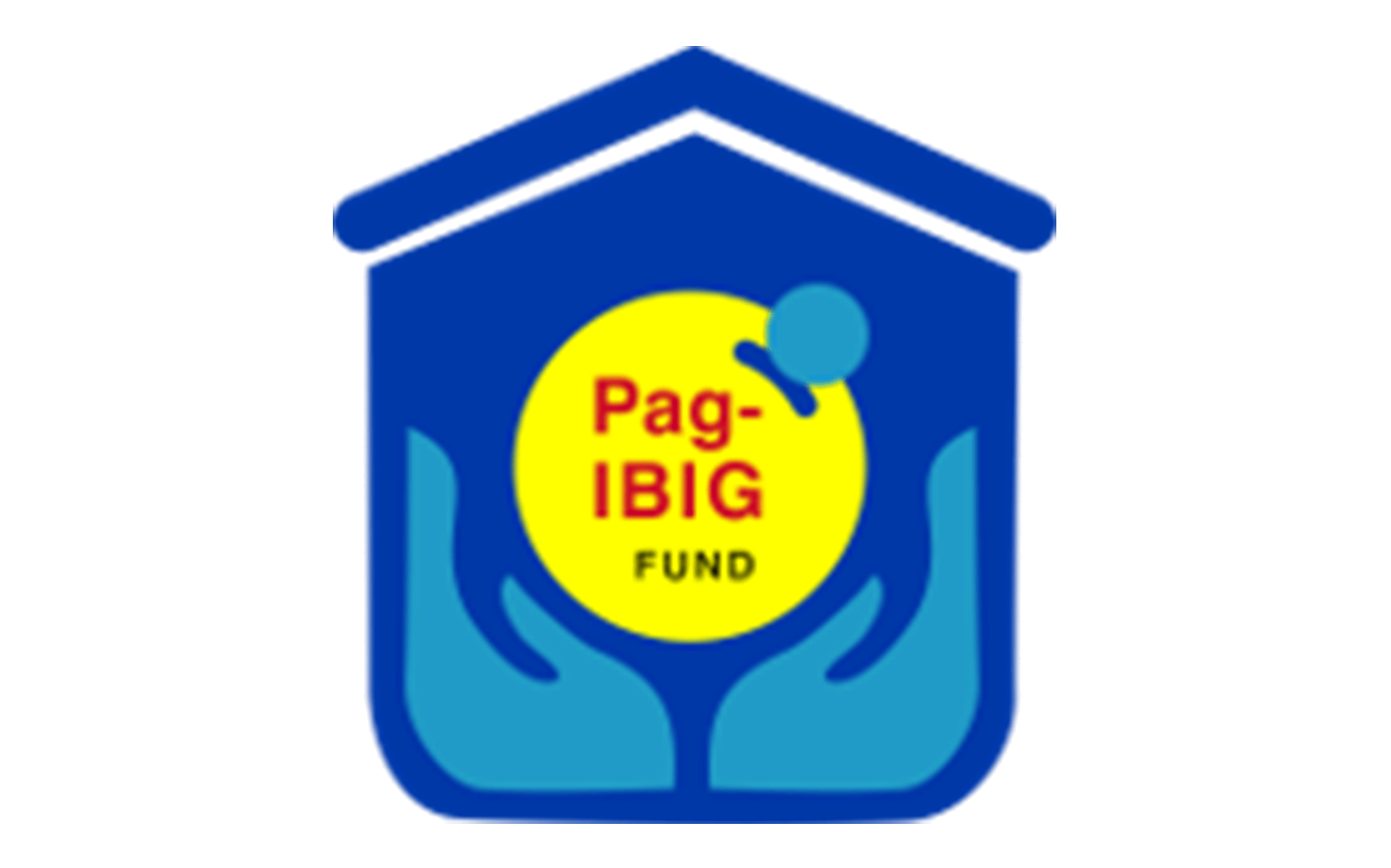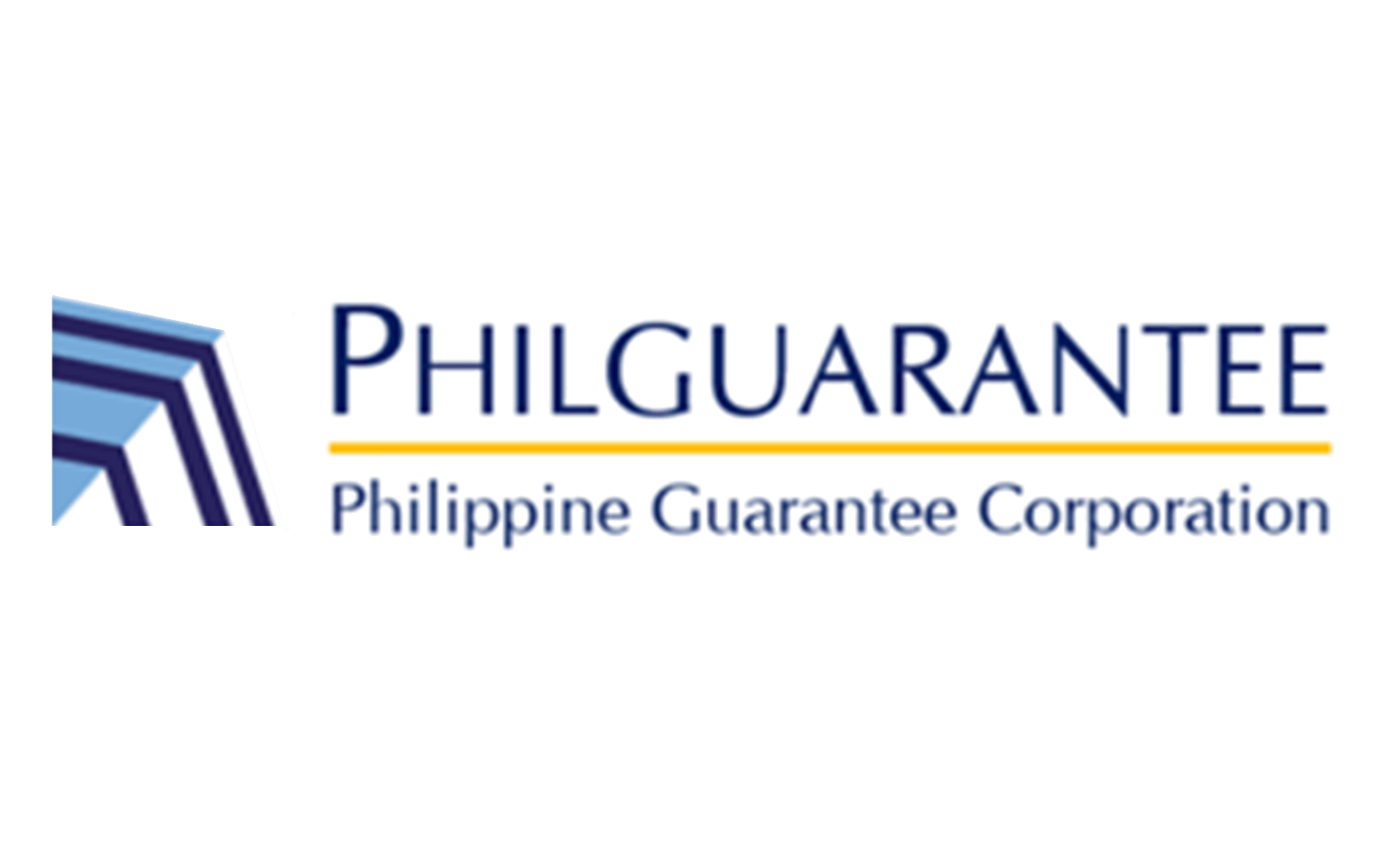Hosted by
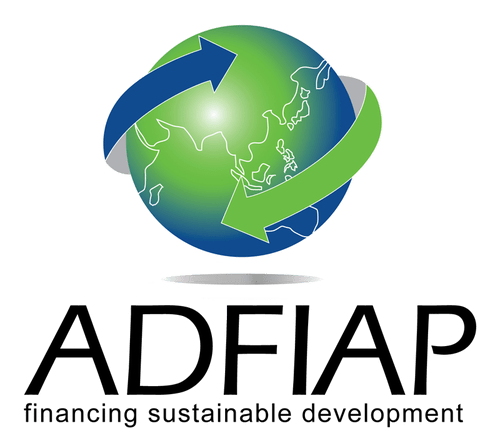
ADFIAP is the focal point of all development banks and other financial institutions engaged in the financing of development in the Asia-Pacific region. Its mission is to advance sustainable development through its members. Founded in 1976, ADFIAP has currently 88 member-institutions in 38 countries and territories. The Asian Development Bank is a Special Member of the Association. ADFIAP is also a founding member of the World Federation of Development Financing Institutions composed of regional associations in Africa, Asia-Pacific, Latin America and the Middle East. ADFIAP is an NGO in consultative status with the United Nations’ Economic and Social Council. The permanent Secretariat of ADFIAP is based in Makati City, Metro Manila, Philippines.
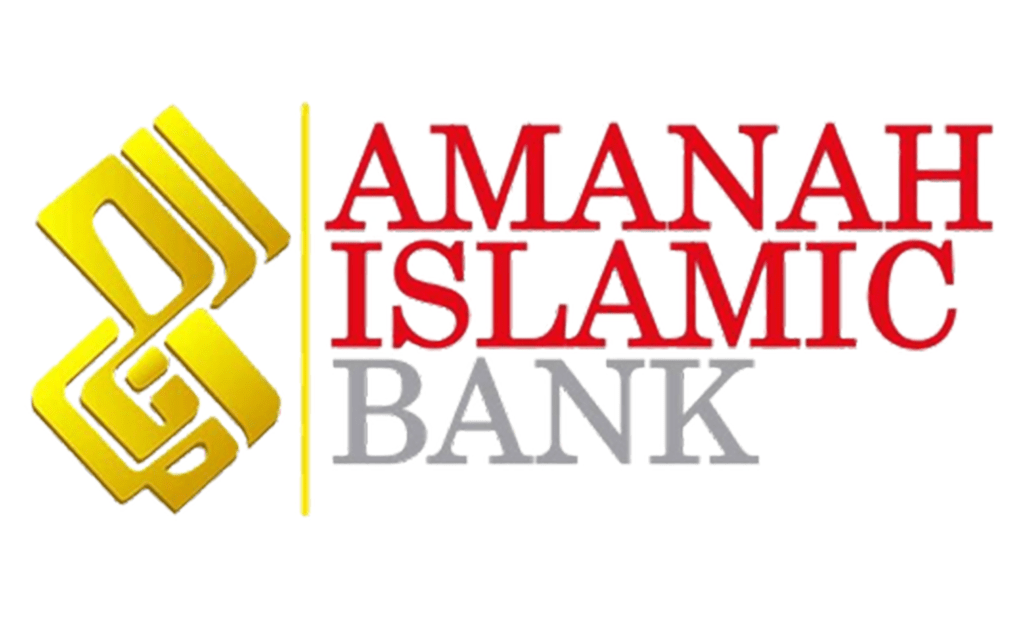
Amanah Islamic Bank of the Philippines
The Amanah Islamic Bank of the Philippines (AAIIBP) is a universal bank that is permitted to conduct and provide Islamic banking, financing, and investment services in accordance with Republic Act No. 6848, also known as the Al-Amanah Islamic Bank of the Philippines Charter of 1990. It became a subsidiary of the Development Bank of the Philippines in 2008, with the latter owning 99.9% of its capital stock and introducing its present logo and tag name. “Islamic Bank Amanah.”
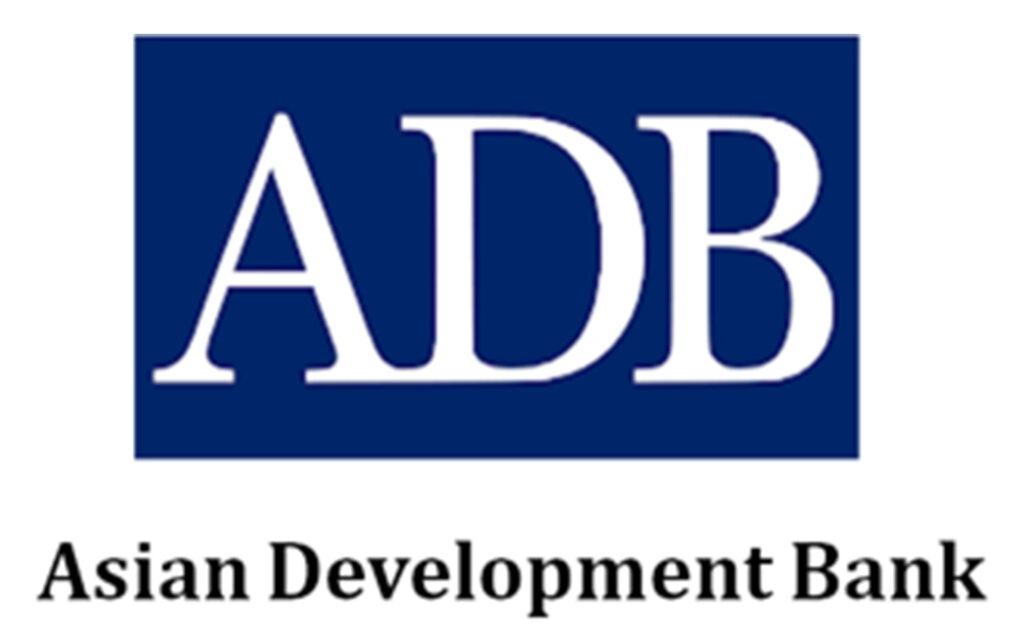
Special Member
Asian Development Bank
ADB is committed to achieving a prosperous, inclusive, resilient, and sustainable Asia and the Pacific, while sustaining its efforts to eradicate extreme poverty. It was founded in 1966 and is owned by 68 members, 49 of whom are from the region. The idea for an association of development bankers was conceived in Manila in 1969 during the Asian Development Bank’s Fourth Regional Conference of Development Financing Institutions of Asia and the Pacific (ADB).
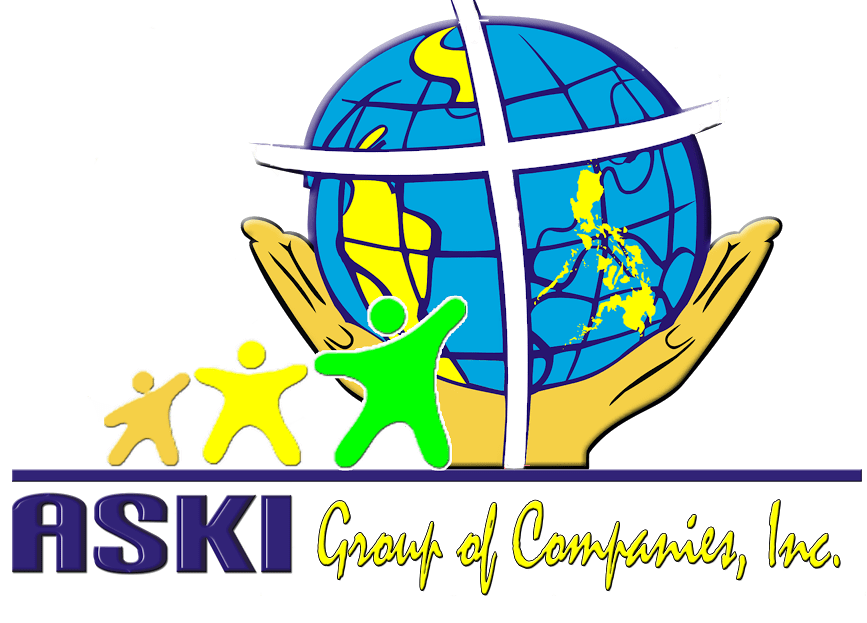
ASKI Group of Companies Inc.
ASKI Group of Companies, Inc. has reached major milestones and overcome steep hurdles in its more than 30 years in the development industry. ASKI began as a tiny office in Cabanatuan City and has now expanded to serve not just rural communities but even overseas Filipino workers. ASKI currently has a Php1.7 billion portfolio, with 98 locations in regions 1, 2, and 3, servicing over 100,000 clients and insuring over 800,000 members and their families.

CARD Mutually Reinforcing Institutions (CARD MRI)
The CARD Mutually Reinforcing Institutions (CARD MRI) is one of the country’s fastest-growing thrift banks, with a focus on the CALABARZON region. CARD SME Bank, Inc. contributes to nation building by giving Micro, Small and Medium Entrepreneurs (MSMEs) with much-needed support to help them sustain their companies, which will ultimately improve the economic landscape of our trading areas.
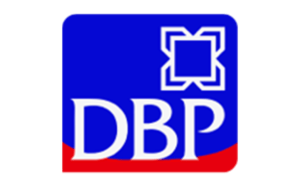
Development Bank of the Philippines
Development financing institutions are critical in the Philippines’ pursuit for long-term growth and development. The Development Bank of the Philippines is in the forefront of the country’s progress. DBP has taken on the strategic mission of influencing and accelerating sustainable economic growth through the supply of resources for the continuing well-being of the Filipino people as the country’s preeminent development finance institution.
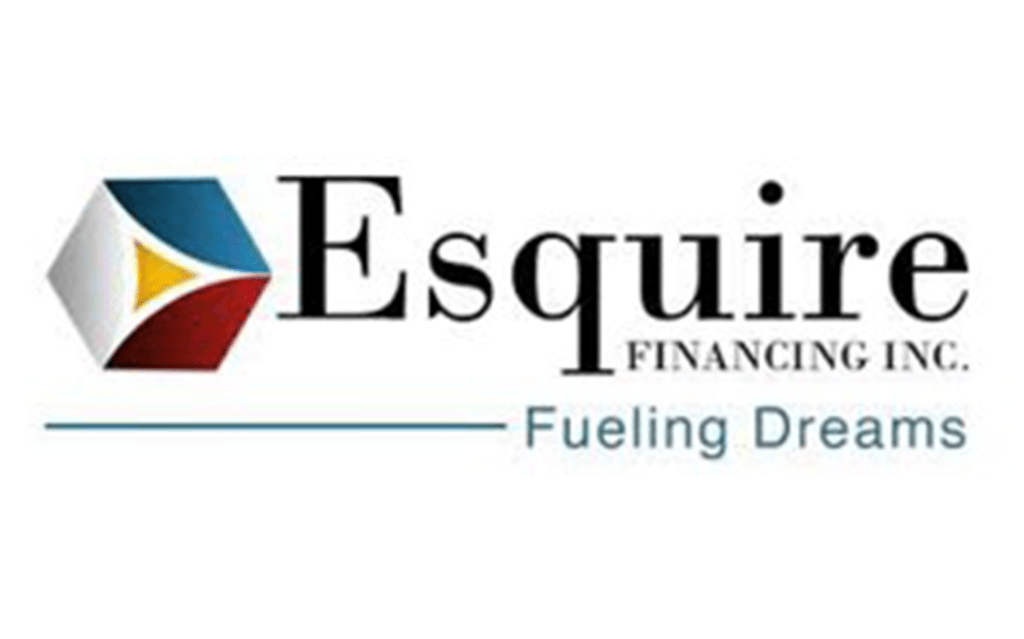
Esquire Financing Inc.
Esquire Financing Inc. began operations in 2011 and swiftly established itself as the Philippines’ most trusted non-bank SME financing provider. Its goal is to assist MSMEs in taking their businesses to the next level by providing them with access to funding and quality advice services.
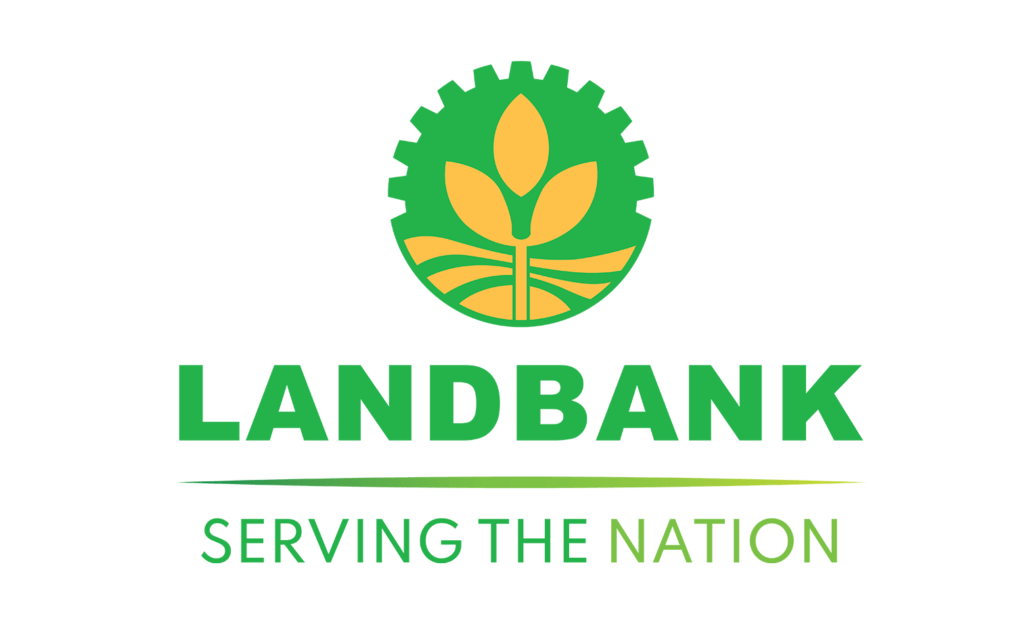
Land Bank of the Philippines
The Land Bank of the Philippines is a government financial institution that strikes a balance in fulfilling its social mandate of promoting countryside development while remaining financially viable. This dual function makes LANDBANK unique. Profits from the Bank’s commercial banking operations are utilized to fund its development programs and initiatives. By far the largest formal credit institution in rural areas is LANDBANK. In terms of deposits, assets, and loans, it is also among the top five commercial banks in the country.
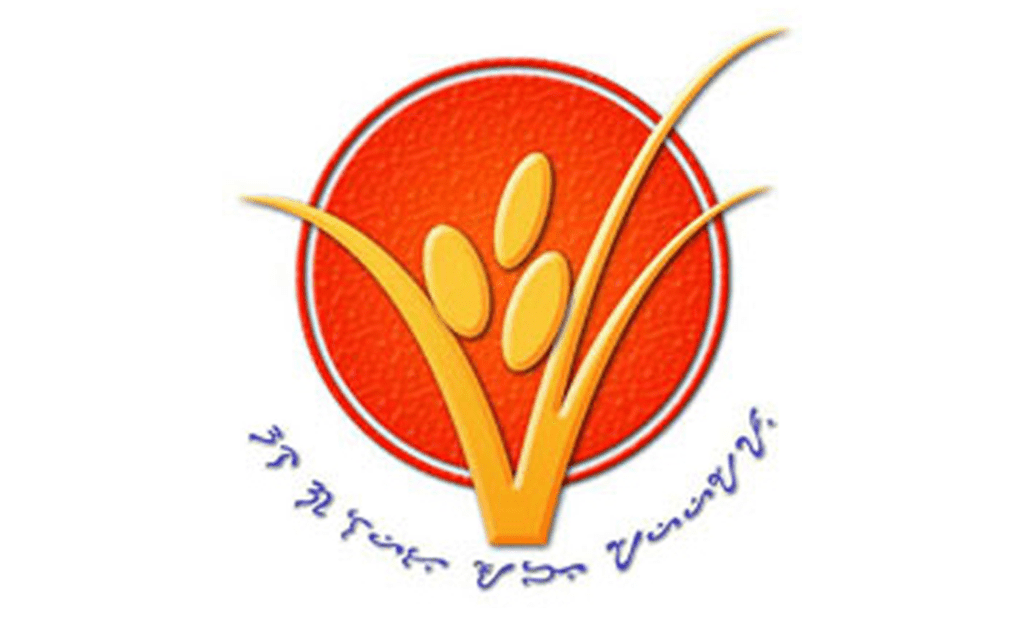
New Rural Bank of San Leonardo
Through onboarding with the government’s loan program, NRBSL Bank redefined its market niche in serving small farming communities and promoted the development of micro-enterprises to SME status. NRBSL has remained an accredited financial institution under the Agri-Agra Law under its current leadership and has integrated supply chain as its innovative financing framework to help agricultural producers and rural entrepreneurs gain access to affordable resource markets and benefit from fair trade, thereby adding value to their commodities and increasing their competitiveness. For its environmental and social goals, NRBSL will move to sustainable finance in the next years.
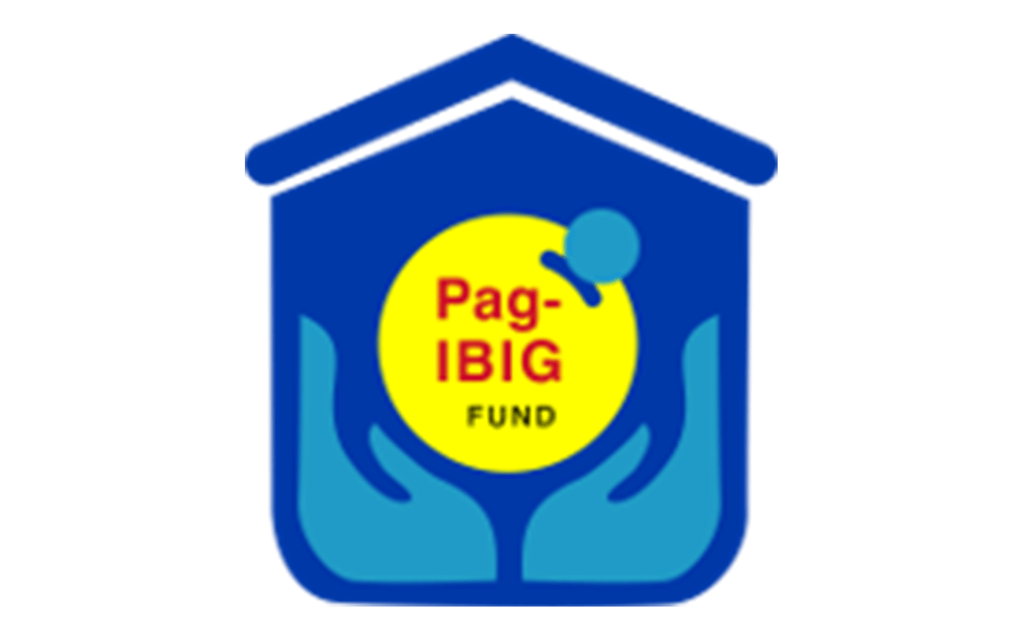
Pag-IBIG
The Home Development Mutual Fund (HDMF), commonly known as the Pag-IBIG (Pagtutulungan sa Kinabukasan, Ikaw, Bangko, Industriya at Gobyerno) Fund, is a government-owned and controlled corporation under the Philippine Department of Human Settlements and Urban Development that administers the national savings program and affordable housing financing for Filipinos.
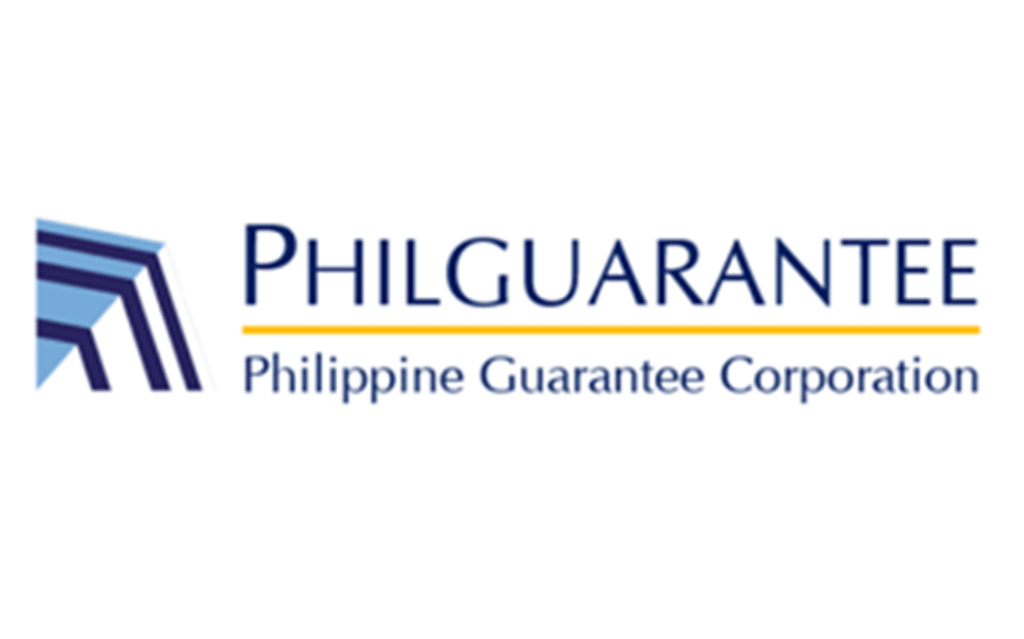
PHILGUARANTEE
The Philippine Guarantee Corporation, as the Philippines’ Principal Agency for State Guarantee Finance, has as its primary goal the facilitation and promotion of socio-economic development through the provision of credit guarantees in support of trade and investments, exports, infrastructure, energy, tourism, agricultural, business/modernization, housing, MSMEs, and other priority sectors of the economy.
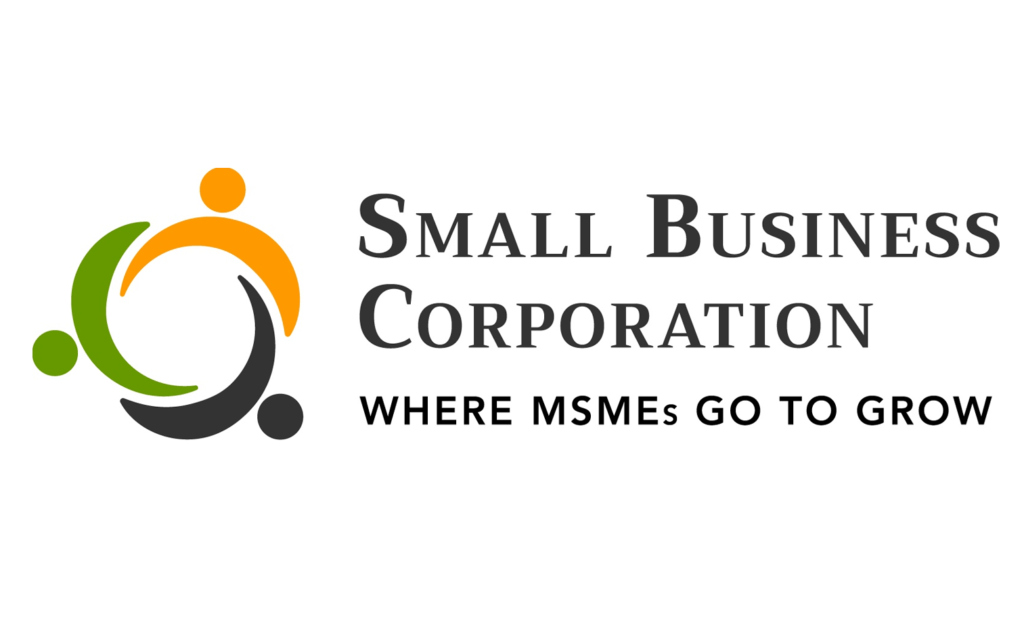
Small Business Corporation
Under Executive Order No. 98, issued in November 2001, the Small Business Guarantee and Finance Corporation (SBGFC) and the Guarantee Fund for SMEs (GFSME) merged to form the Small Business Corporation (SBCorp). SB Corp’s mission is to provide much-needed financing to micro, small, and medium-sized businesses to help them grow. For the MSME market, it offers wholesale financing to smaller financial institutions, cooperatives, and foundations, as well as retail or direct lending to micro, small, and medium-sized businesses (MSMEs).


